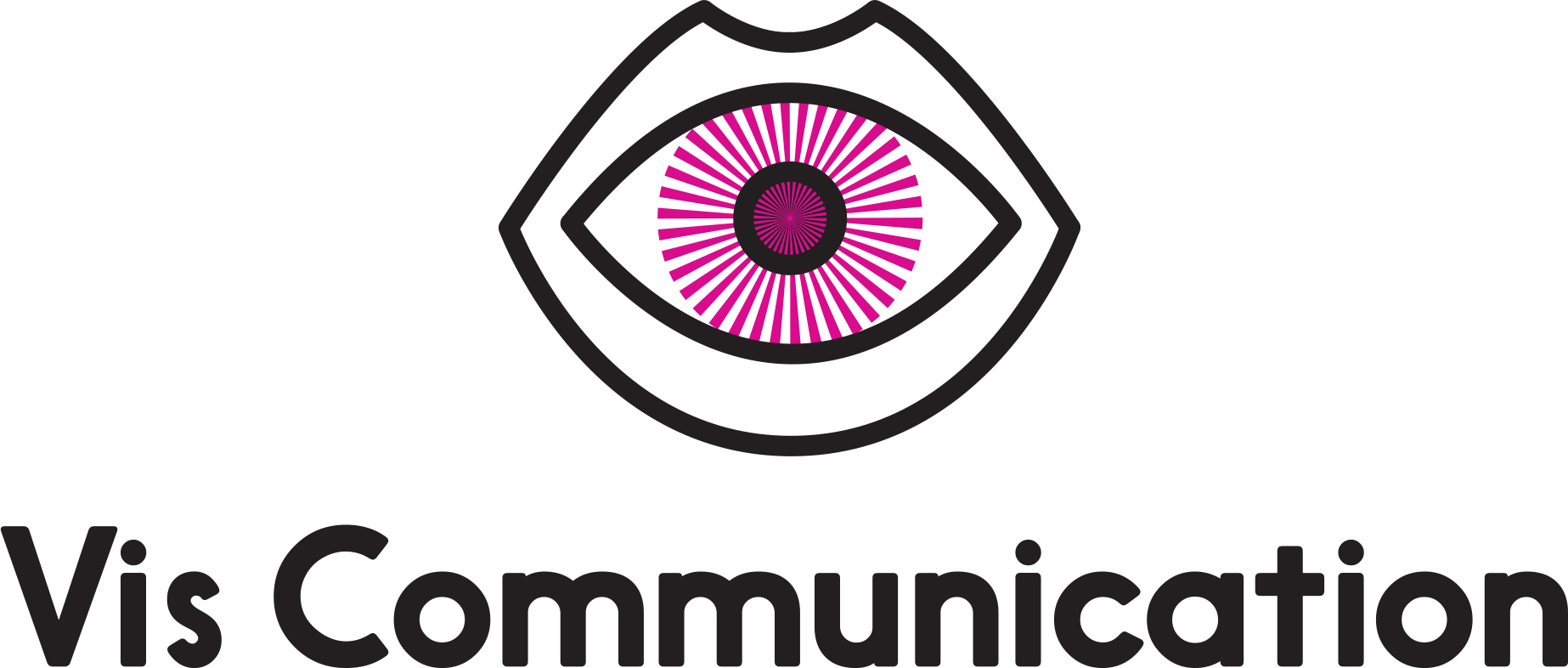The Measurable And The Unmeasureable
When to throw away the numbers.

So much is measurable these days. From campaign clicks, to how many minutes of REM sleep you got, to how many calories are in that bubble tea. And that sounds like a good thing. It can be. But because so much short-term advertising is measurable (in some ways), some brands forgot branding. Because it is far less measurable. Everyone loves their dopamine hit of numbers, and companies are often judged themselves internally by them. But this means a lot of companies have fallen behind on actually creating a long-term brand. In the numbers, every project and decision becomes a court case to be defended. I’m convinced we’d all be pretty good lawyers at this point. At least the pros get reasonable doubt.
This idea has been marinating for a while, and a couple days before I sat down to attempt to finish this, I ran across bits and pieces from this interview with Jony Ive, formerly Chief Design Officer at Apple, now at LoveFrom. So I watched the full interview. And he basically made the case for me.
Note: Since this was a recorded as a live interview, I edited his responses lightly.
Talking about designing a small tab to help people unbox a cable:
"I believe that when somebody unwrapped that box and took out that cable and they thought somebody gave a shit about me. I think that's a spiritual thing."
His point throughout is that consumers are sensing care (or carelessness) vicariously through the object or the design. That's not really measurable, but that's the most important aspect. Why does everybody love Apple's packaging? Yes, it's beautiful. But it has that feeling of someone "gave a shit" enough to make this thing which didn't have to be this well-made, and which I can't bear to throw in the trash. I've had a box sitting in my office for almost a year now.
"So if you guys think about what would dominate the product conversations, you will end up talking about schedule, cost, speed, weight, anything where you can generally agree that six is a bigger number than two. And I understand why, but the problem is much of what you know, much of my contribution and the contribution of designers and other creatives, you can't measure easily with a number. Or it gets even more demeaning – it can be just well that's your opinion. That's like telling your heart surgeon well that's your opinion, and you having a go yourself."
"We spend all our time talking about attributes because we can easily measure them. Therefore this is all that matters. And that's a lie. It's important, but it's a partial truth. And all of the stuff that I think designers and other creatives can contribute to an experience or to a product that can make it delightful to use and joyful to use as well as more productive. If it's delightful and joyful, things tend to be used more."
So he's talking about product design more than advertising, but I think the same rules apply. Why would anyone pay attention to advertising that didn't feel like anyone understood or cared about them in some way?
I used to think that designers just needed a way to be more measurable. Then it would all be great. We’d get credit due. But really, so much of what we do is not clearly measurable, and frankly, I'm cool with that. Because once you get on that number train, it's incredibly hard to get off. And a lot of what we do as designers, while informed by experience and institutional knowledge and sometimes even data, is not black and white. It's emotional. It's visceral. It's beautiful. It's joyful. It's useful. Jony Ive would call that "care."
Bonus Round
This nugget from the interview is slightly unrelated, but it's too good not to share, and the fragility of ideas is a concept I've written about before.
"If you think about the evolution of an idea, it always starts off as a thought and then you know a tentative discussion. One of the things I realize is just how these ethereal thoughts, these fragile concepts are precarious. And I think a small team of people that really trust each other is I think fundamentally important. If you care about (them) then you might be in danger of actually listening. You know the thing that just kills so many ideas, and I've worked in places where this happens, but people are just desperate to speak and to be heard. And what kills most ideas I think are people desperate to express an opinion. And it's really, let's be very clear, opinions aren't ideas."

